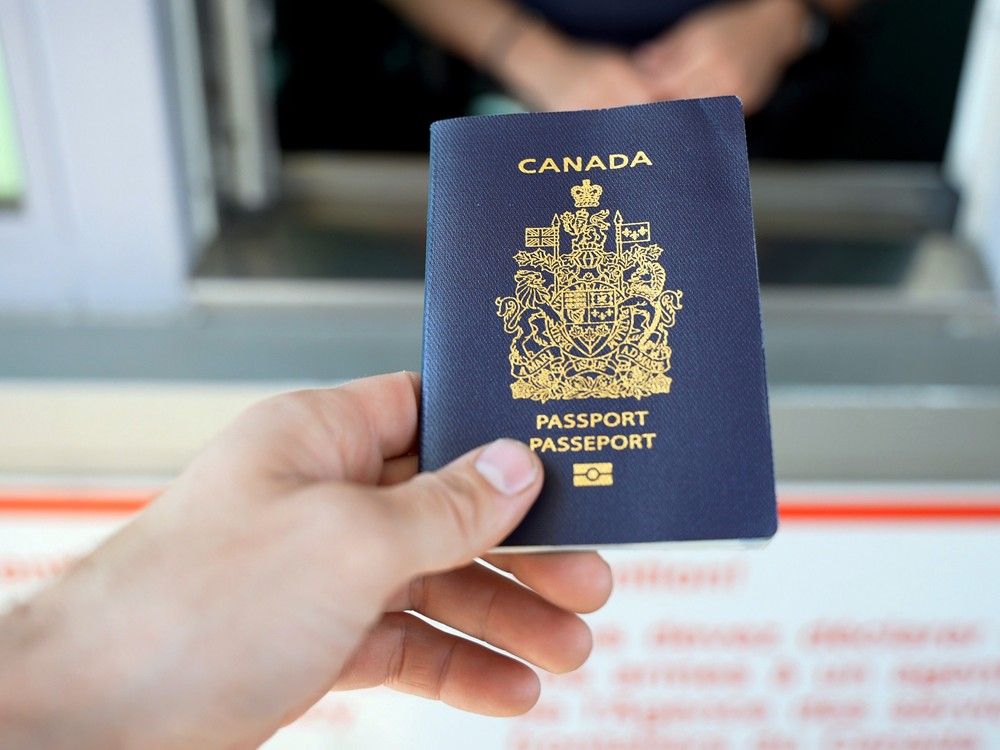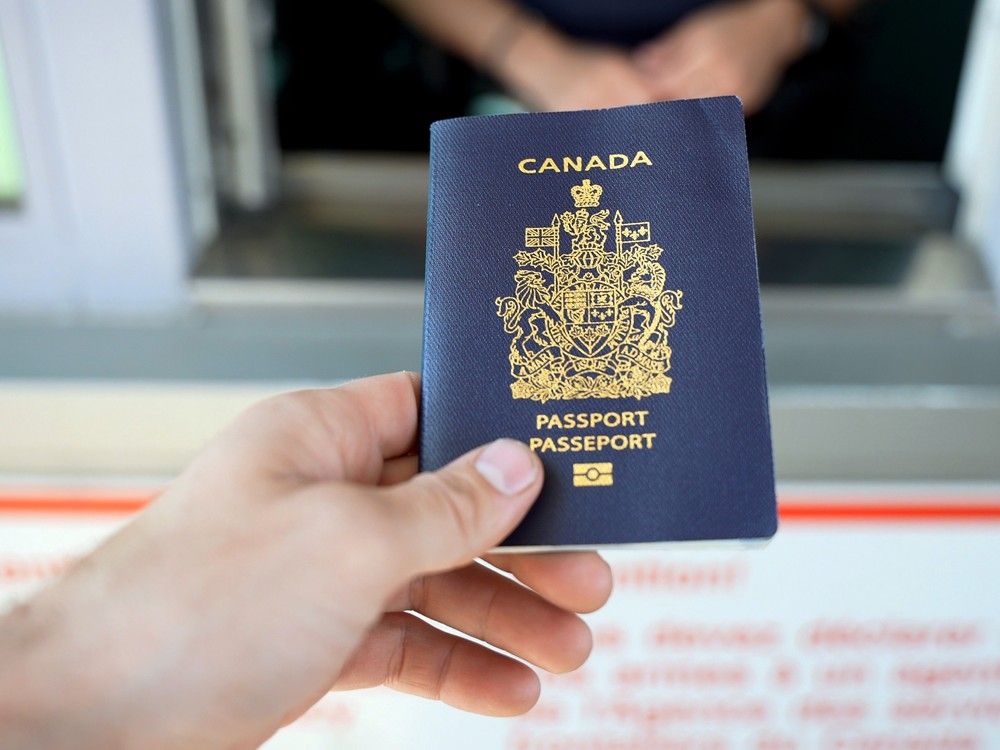
Canadians have one of the most powerful passports in the world, ranking ahead of the United States in a global index.
U.K.-based consultancy firm Henley & Partners recently released this year’s
. It’s based on mobility, meaning where in the world the holder of the passport can travel to without a visa. In order to rank the countries, it relies on exclusive information from travel information database, the International Air Transport Association (IATA).
The top-ranking country is Singapore. That’s because its passport holders have visa-free access to the most global destinations included in the list, at 193 destinations.
Passports receive a score if no visa is required. The same score is given if the passport holder can obtain a visa on arrival (VOA), a visitor’s permit, or an electronic travel authority (ETA) when entering the destination. An ETA, for example, is needed when Canadians enter the United Kingdom for travel purposes such as tourism, family visits, business, and short-term study.
Passports receive a different score if a visa is required, or if a passport holder has to obtain a government-approved electronic visa (e-Visa) before departure, or pre-departure government approval for a visa on arrival. For example, Canadians require a visa to enter Afghanistan, Algeria, Azerbaijan and Cuba.
Canada came in 8th place in the 2025 list, tied with Estonia and the United Arab Emirates. This is ahead of the American passport, which came in 10th place this year. Historically, according to the firm’s list, Canada has maintained a high ranking. Since 2006, it has not fallen below 9th place. At its peak, the Canadian passport came in second place in 2014.
Canada’s ranking is “based as much as anything on other countries’ confidence that Canadians won’t overstay their welcome (and likewise for any set of countries),” University of Toronto’s Munk School of Global Affairs & Public Policy professor Drew Fagan told National Post over email on Thursday.
“Canada’s relative safety and prosperity means that other countries can be confident that Canadians are coming for a good time, not a long time,” he said.
In 2025, Canadians can visit 184 countries without needing a visa, according to the Henley & Partners ranking.
“Countries at the top of the ranking however must work to maintain it, or they will be overtaken. Looking back slightly further, the U.S. was number one on the ranking in 2014, but by only gaining net access to 8 destinations since then, the U.S. has fallen by 9 spots as other top ranking countries outpaced them,” said Souad Ouared, associate director, private clients at Henley & Partners Canada, in an emailed statement to National Post on Friday.
“Japan on the other hand has added 19 destinations to its score since 2014 and gained one spot in the ranking from 3rd to 2nd. Canada sits in the middle of these two. It was ranked 2nd in 2014 and has lost 6 places since then, with a net access gain of 11 destinations.”
The ranking shows travellers the relative strength of the passport they hold and the global access it gives them, explained Ouared.
“There are many factors that affect a passport’s ranking, including countries updating their visa systems, or diplomatic relations including bi-lateral visa free agreements. It is unusual for a passport’s ranking to change significantly from year to year, but rather will see a trend of incremental gains and losses over time,” she said.
One of the recent changes that has affected Canada’s ranking is the country being
excluded from China’s list of countries that can visit without a visa
. Canadians still require a visa to visit China for tourism, business, study or work.
Another recent change? “The Canadian passport lost access to Brazil, with Brazil citing a lack of reciprocity as the reason,” said Ouared.
“That being said, the Canadian passport remains one of the most powerful in the world, and it is a privilege for all who hold it, considering the broad global access it provides to key destinations.”
Roughly 70 per cent of Canadians hold valid passports and more than 24.6 million passports are in circulation, according to data from the federal government updated in 2022.
Our website is the place for the latest breaking news, exclusive scoops, longreads and provocative commentary. Please bookmark nationalpost.com and sign up for our daily newsletter, Posted, here.
